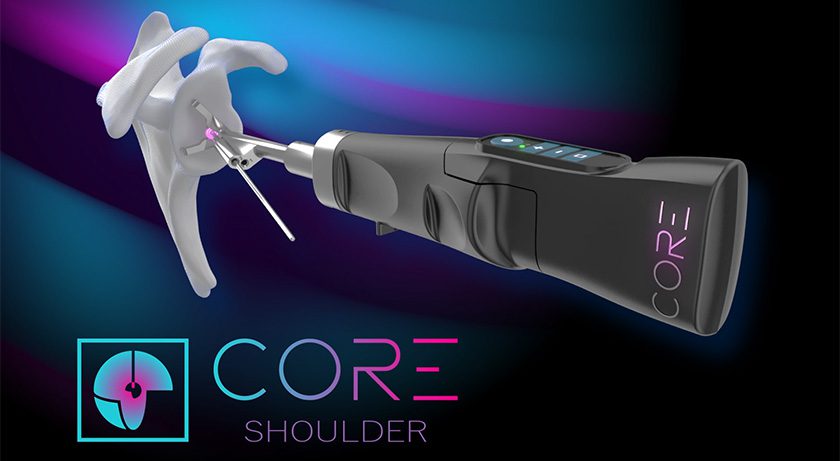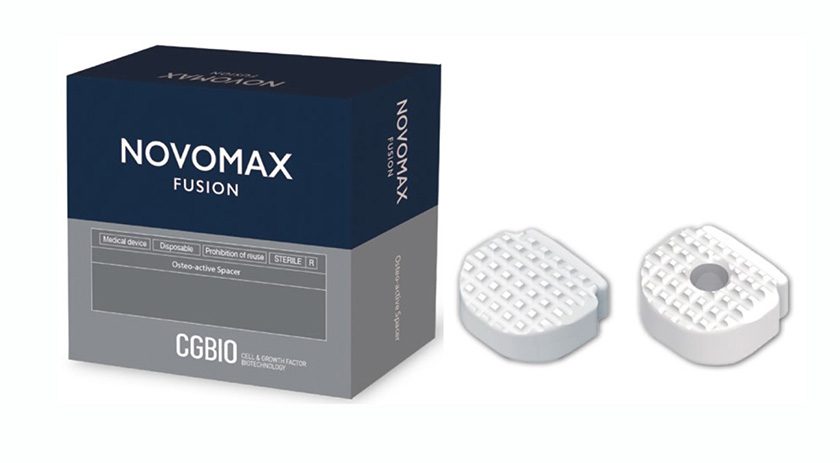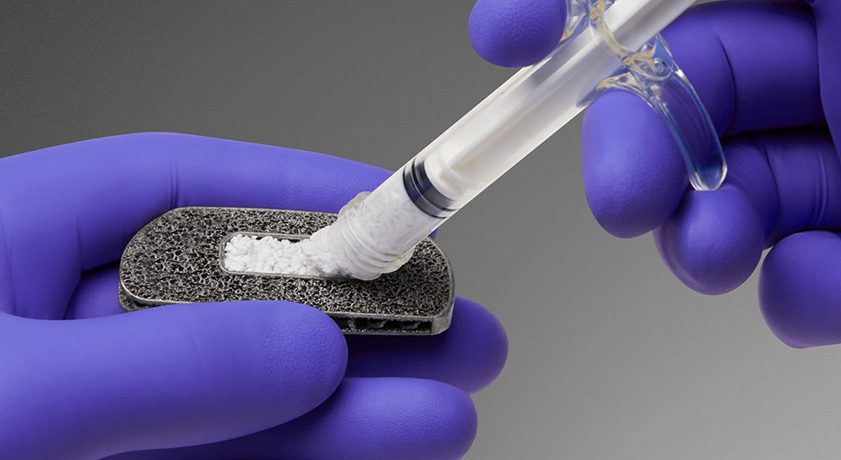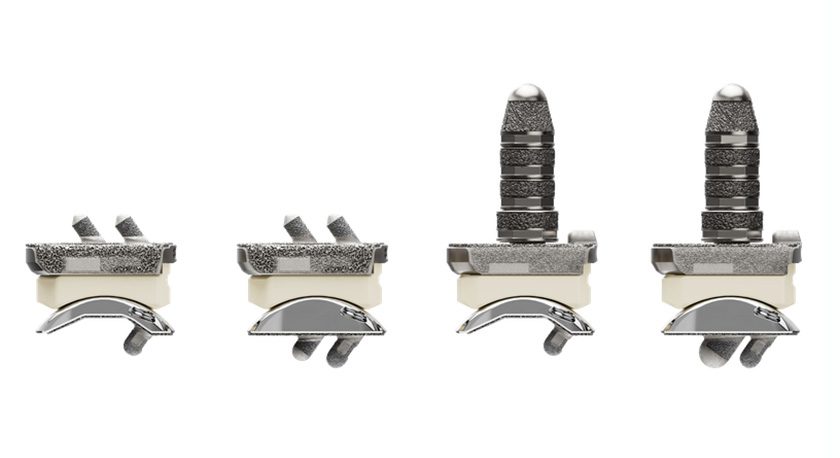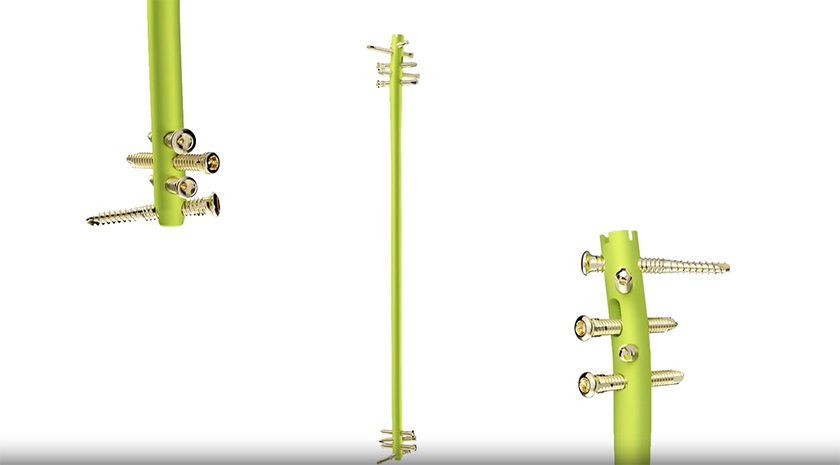

 Copy to clipboard
Copy to clipboard 
EpiBone received Investigational New Drug (IND) clearance from FDA to begin testing its lab-grown knee cartilage in humans. The treatment, known as an engineered allogenic osteochondral graft, has shown promise in preclinical studies and could benefit people with damaged knee cartilage caused by sports injuries, trauma or post-traumatic arthritis.
Clinical trials will evaluate the safety and efficacy of EpiBone’s graft compared to current treatment, with patient recruitment set to begin as soon as early 2024.
The process of graft cultivation involves placing bone marrow stem cells on a scaffold in the lab, maturing them into cartilage cells through a proprietary technique, and then utilizing the living cartilage to treat various-size defects. Once implanted, the new graft has the potential to mature and integrate with surrounding tissues.
This innovative treatment was first tested in an equine study which demonstrated that EpiBone’s graft integrated better with surrounding cartilage than the current gold standard of using donor tissue.
This is EpiBone’s second product to advance into clinical trials. The company is approaching the end of its first clinical trial, using a patient’s own stem cells to grow living anatomically precise bone grafts.
Nina Tandon, Co-Founder and CEO of EpiBone, said, “With this lab-grown living cartilage, we are able to offer patients a new avenue to harness the power of living cells to help cartilage heal when it normally is notoriously slow to recover from injury, if it recovers at all.”
Source: EpiBone
EpiBone received Investigational New Drug (IND) clearance from FDA to begin testing its lab-grown knee cartilage in humans. The treatment, known as an engineered allogenic osteochondral graft, has shown promise in preclinical studies and could benefit people with damaged knee cartilage caused by sports injuries, trauma or post-traumatic...
EpiBone received Investigational New Drug (IND) clearance from FDA to begin testing its lab-grown knee cartilage in humans. The treatment, known as an engineered allogenic osteochondral graft, has shown promise in preclinical studies and could benefit people with damaged knee cartilage caused by sports injuries, trauma or post-traumatic arthritis.
Clinical trials will evaluate the safety and efficacy of EpiBone’s graft compared to current treatment, with patient recruitment set to begin as soon as early 2024.
The process of graft cultivation involves placing bone marrow stem cells on a scaffold in the lab, maturing them into cartilage cells through a proprietary technique, and then utilizing the living cartilage to treat various-size defects. Once implanted, the new graft has the potential to mature and integrate with surrounding tissues.
This innovative treatment was first tested in an equine study which demonstrated that EpiBone’s graft integrated better with surrounding cartilage than the current gold standard of using donor tissue.
This is EpiBone’s second product to advance into clinical trials. The company is approaching the end of its first clinical trial, using a patient’s own stem cells to grow living anatomically precise bone grafts.
Nina Tandon, Co-Founder and CEO of EpiBone, said, “With this lab-grown living cartilage, we are able to offer patients a new avenue to harness the power of living cells to help cartilage heal when it normally is notoriously slow to recover from injury, if it recovers at all.”
Source: EpiBone

You are out of free articles for this month
Subscribe as a Guest for $0 and unlock a total of 5 articles per month.
You are out of five articles for this month
Subscribe as an Executive Member for access to unlimited articles, THE ORTHOPAEDIC INDUSTRY ANNUAL REPORT and more.
JV
Julie Vetalice is ORTHOWORLD's Editorial Assistant. She has covered the orthopedic industry for over 20 years, having joined the company in 1999.


